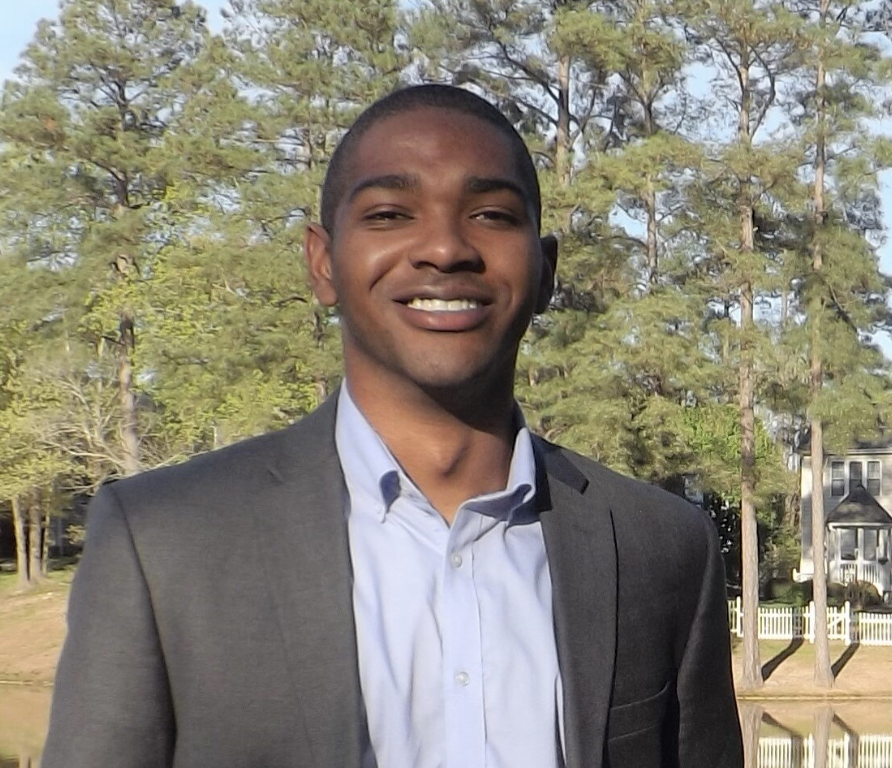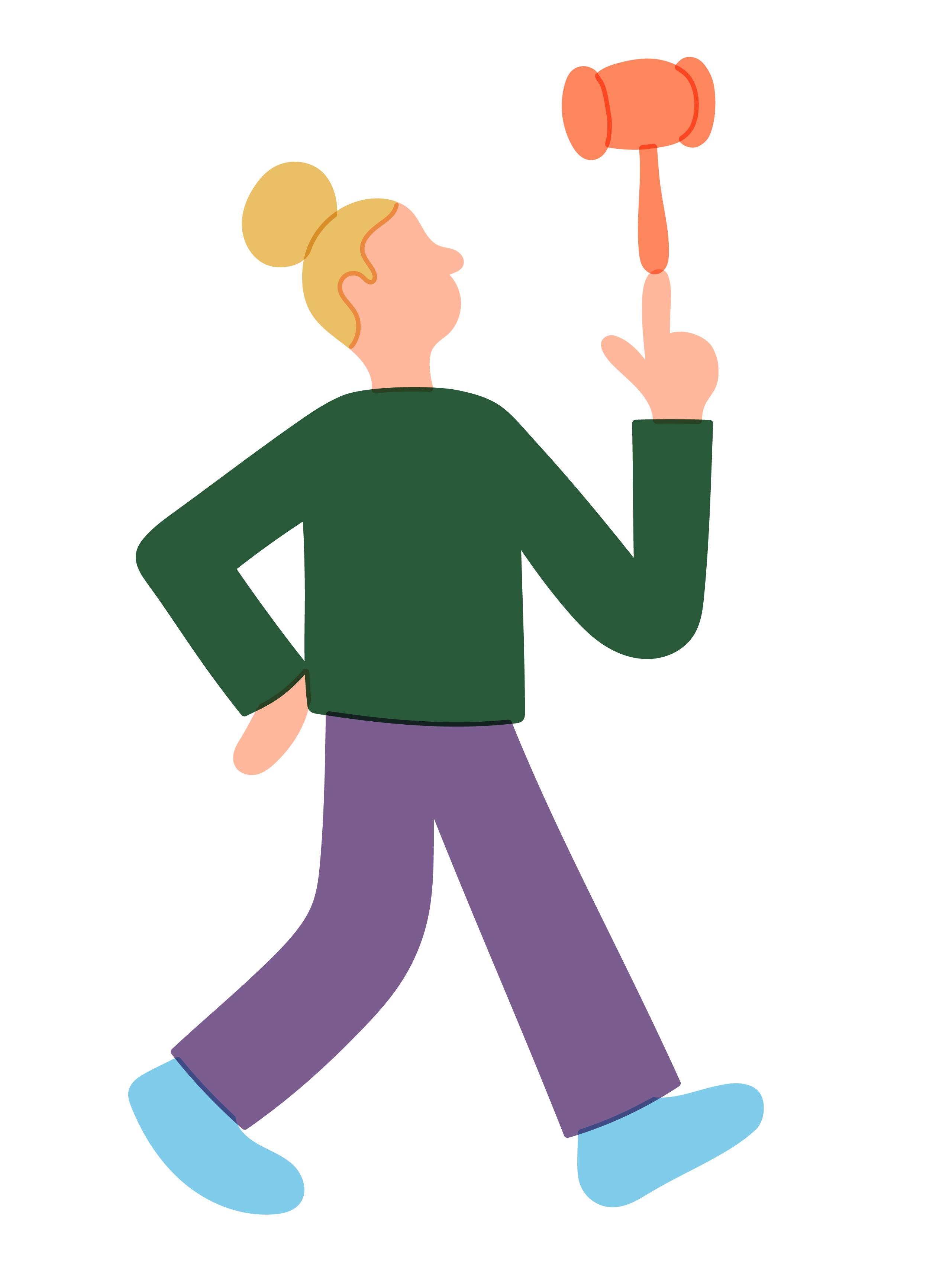When I was preparing for the LSAT, there was nothing more satisfying than seeing the process of elimination apply perfectly to a question. The beauty of strongly-reasoned slashes through 4 of 5 answer options and a confident circle around the fifth has no match in all the world’s art – at least not when you’re halfway through the test. This tactic has helped me handle challenging questions in the LSAT and in life, including determining whether I wanted to go to law school and when.
Here’s a bit about how the process of elimination might help you – but take it with a grain of salt! Everybody’s interests, anxieties, and approaches to big life questions are different.
The process of elimination has two key components.
These components are (1) determining which potential answers could not be true, then (2) selecting an answer you confidently like from the remaining options. For example, imagine an LSAT Logical Reasoning question that asks you which answer weakens a certain argument. First, you could cross out an answer option because it supports the argument or because both the option and the argument can be true. Whether that step leaves you with one answer option or three, it’s important to find an affirmative explanation that explains why the answer you finally choose is correct (or at least the best available). Applying the process of elimination to big life decisions requires more work on your part and a bit of patience, but it can still help make sense of a difficult question when you don’t know where to start.
Figure out what the question is.
Before you make a decision, you have to know what you’re actually deciding on! I used the process of elimination when deciding what I wanted to do after graduating college. Because I had a hunch I wanted to go to law school, the question became, “Am I sure that I want to go to law school, and if so, when?”
Limit your option set.
Life doesn’t give you only 5 options for what to do after graduation; that’s a good thing! However, it means that you have to think about what excites you and narrow your focus a bit. I expanded my option set beyond my initial hunch that I wanted to be a lawyer to explore business, research roles related to litigation, and work in startups. It’s important to choose an option set you can explore efficiently; I didn’t include medical school in my option set, because I had taken enough science courses to know it wasn’t for me.
Cross off some options.
Explore these options to learn if they’re really for you! Take courses in areas within your option set, try extracurriculars with other students considering these career paths, seek summer internships that give you real-life exposure, and reach out to alumni in these fields to learn more. Through all these approaches, continue to ask yourself the core question that you decided on in the start.
Exploration takes time. Be patient, and don’t be afraid to keep exploring if you’re unsure. You only have so much time in college between schoolwork and hopefully a bit of fun. Part of my decision to work before law school was driven by a feeling that I needed to explore more. Three years of work allowed me to work in management consulting and at a startup and really get a sense for those paths. For others considering whether law school is for them, the good news is that you can sort of do whatever job you want before law school, as long as you can tell a good story about how it brought you to the law.
Choose an answer you feel (most) confident in.
You might explore your option set and find the perfect answer before you have to cross options off, or you might cross off a few and still feel torn. These big life questions rarely have clean answers, but I hope you eventually find your gut tugging you towards one. For me, I spent so much time over my 3 years off thinking about law school that I knew I needed to apply.
The process of elimination is just one tool you can use to get started on LSAT questions and life questions when you don’t know where else to start.
Big decisions are big for a reason, so they often won’t be easy. Don’t be afraid to try new things or switch directions when you know something isn’t for you. Throughout it all, be patient with yourself while maintaining focus.


Comments